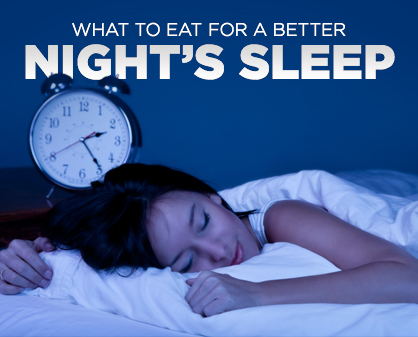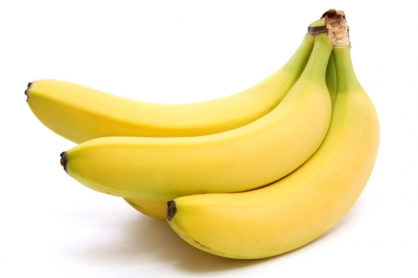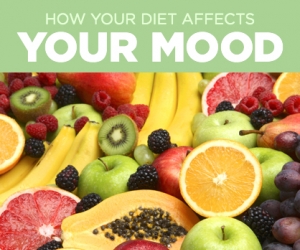Eat Right, Sleep Tight
Eat more whole grains, nuts and bananas
Many people complain about being tired, and it’s often due from a lack of sleep. What you eat has a profound impact on how well you sleep.
Here’s how to optimize your diet for a better night’s sleep.


What to drink
It’s important to eliminate caffeine several hours before bedtime, said Donovan Green, celebrity fitness trainer.
“Have your last cup of coffee or tea at least four to six hours before bedtime for a better night's sleep. Make sure to cut out fluids before bedtime as fluids can interrupt your sleep if you're constantly getting up to go to the bathroom,” Green said.
And don’t forget that some medications, and foods such as chocolate and soda, and some teas, include caffeine. It’s not just coffee to be avoided. Even decaf coffee has a low level of caffeine.
Alcohol also plays a role. Colin Darretta, CEO of WellPath Solutions, said, “Avoid alcohol within three hours of bedtime. A simple way to think of it, if you go to bed around midnight, is ‘wine before nine’. While it may seem like a nightcap helps you fall asleep faster, the quality of your sleep is significantly worse such that you’ll wake up feeling less well rested.”
And even though some consider it an old wives’ tale, it is actually sound nutritional advice to have a warm cup of milk before bed, said Rene Ficek, a registered dietitian and lead nutrition expert at Seattle Sutton’s Healthy Eating.
“Science now shows us that our mothers were right; drinking a warm glass of milk will indeed help you sleep better. Dairy products are rich in the amino acid tryptophan, which helps in the production of the sleep inducing brain chemicals, serotonin and melatonin,” Ficek said. “Additionally, dairy products are high in calcium and magnesium. These nutrients work together to calm the body and help relax muscles. A lack of these minerals may cause you to wake up after a few hours and not return to sleep. Calcium helps the brain use the amino acid tryptophan to manufacture the sleep-inducing substance melatonin. This combination of nutrients in dairy products explains why they are the best sleep-inducing foods.”
Herbal teas such as chamomile, passion flower tea and valerian are also good options because they have a sedative effect and lead to a good night sleep, Ficek said.

What to eat
Green said the reason why you want to sleep better is it helps your brain be more alert the next day and it keeps your immune system strong. To improve your sleep quality, he suggested, “Eat tryptophan rich foods like seeds, honey, bananas and eggs for a better night's sleep.”
Tryptophan is an amino acid made from plant or animal sources, and it’s been used to treat sleep problems by inducing the brain chemical serotonin and melatonin, which relax the body and prepare it for sleep, Ficek said. Other foods high in tryptophan include oats, poultry, peanuts and tuna.
Basil also contains sedative properties through tryptophan. This herb promotes sleep and aids digestion, so it’s the perfect excuse to add pesto to your dinner ingredients. Walnuts are another good option, since they are packed with melatonin, said Erin Palinski-Wade, nutrition consultant and author of Belly Fat Diet for Dummies and 2 Day Diabetes Diet.
“Try snacking on a small handful of walnuts about 20 minutes before bed to help you relax and reach a deeper state of restful sleep,” Palinski-Wade said. “Just like walnuts, cherries contain a high level of the sleep-promoting melatonin. For the most powerful natural sleep aid, try mixing some dried cherries and walnuts together for a sleepy trail mix and washing it down with a glass of milk to have you counting sheep in no time.”
Include more spinach, bananas, nuts, seeds, fish and whole grains into your diet because they’re high in magnesium, Ficek said.
“If you do not consume enough magnesium, chronic insomnia is one of the main, central symptoms. These foods will only work if one has a magnesium deficiency, but will be neutral if you consume enough magnesium,” Ficek said.



